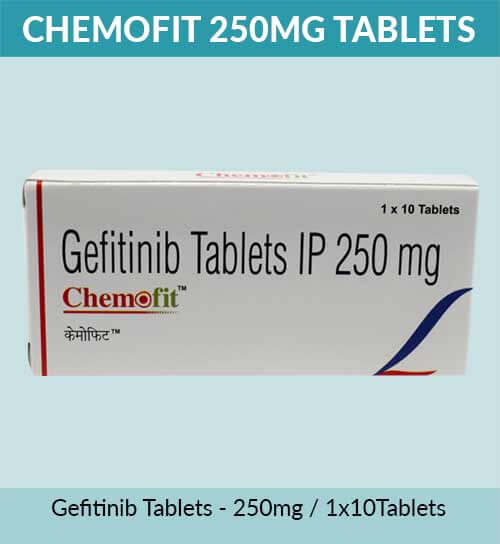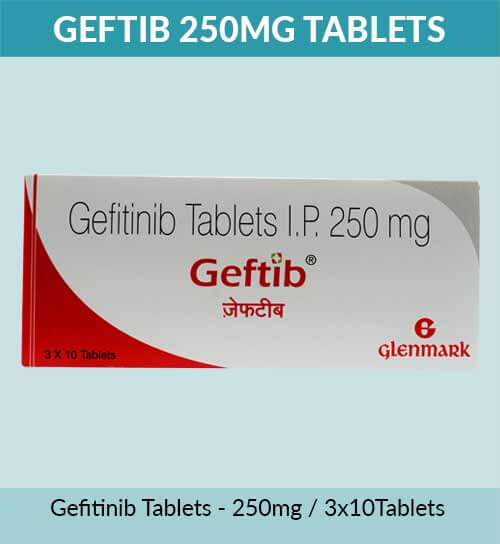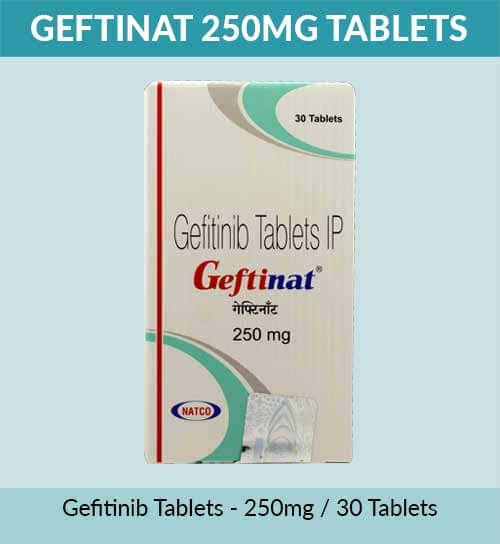Gefitinib
Gefitinib is a medication used in the treatment of certain types of cancer, particularly non-small cell lung cancer (NSCLC). It belongs to a class of drugs known as tyrosine kinase inhibitors.
Gefitinib works by inhibiting the activity of the epidermal growth factor receptor (EGFR), a protein that plays a role in the growth and spread of cancer cells. By blocking the signals from EGFR, gefitinib helps to slow down or stop the growth of cancer cells, leading to tumor shrinkage and improved outcomes in NSCLC.
The medication is typically taken orally in the form of tablets. The dosage and treatment duration depend on the specific characteristics of the cancer, as well as the individual’s overall health.
Common side effects of gefitinib may include skin rash, diarrhea, nausea, and fatigue. More serious side effects, such as liver problems or lung toxicity, can occur but are less common. Regular monitoring of liver function and lung function may be recommended during treatment.
Gefitinib should only be used under the guidance and prescription of a qualified healthcare professional experienced in the treatment of cancer. It may interact with other medications, so it is important to inform the healthcare provider about all medications being taken, including over-the-counter drugs and supplements.
In summary, gefitinib is a medication used in the treatment of non-small cell lung cancer. It inhibits the activity of EGFR to slow down the growth of cancer cells. Regular monitoring and adherence to healthcare provider instructions are important during gefitinib treatment.
Note – The brand names and product descriptions used on this site are for informational purposes only and are the property of their respective owners.



